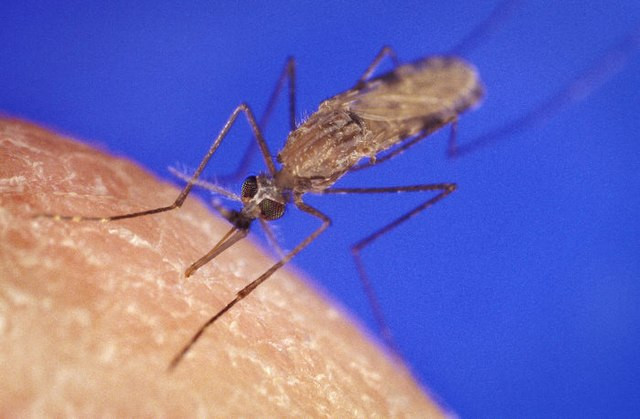As National Mosquito Control Awareness Week kicks off, health officials in Illinois are sounding the alarm on the early appearance of mosquitoes this year, which has heightened the risk of West Nile virus. The Illinois Department of Public Health (IDPH) reports that positive mosquito samples have been found in 13 counties across the state: Champaign, Cook, Douglas, Fulton, Kane, Hancock, LaSalle, Morgan, Washington, Whiteside, Williamson, Winnebago, and Woodford.
Despite the presence of the virus in mosquito pools and birds, no human cases have been reported in Illinois so far in 2024. This stands in contrast to the previous year when the IDPH recorded 119 human cases and six deaths. In 2022, there were 34 human cases and seven deaths attributed to West Nile virus.
The IDPH defines a county as positive for West Nile if a bird, mosquito batch, horse, or human tests positive for the virus. As of now, 11 mosquito pools and 10 birds have tested positive in the aforementioned counties. State laboratories continue to test mosquito batches and dead birds, as well as sick horses and humans who present symptoms indicative of West Nile virus. Residents are urged to report sightings of sick or dead crows, blue jays, robins, or other perching birds to their local health department for testing.
Dr. Sameer Vohra, IDPH Director, emphasized the importance of preventive measures in a recent press release. "West Nile Virus can lead to serious illness, especially for our Illinois seniors and people with weakened immune systems," Dr. Vohra stated. "With the virus appearing earlier this year following a milder winter and spring, I urge everyone to fight the bite in their communities. Please reduce exposure, wear insect repellent while outdoors, and report any standing water around your community where mosquitos can breed."
The health department advises the public to minimize exposure to mosquitoes by staying indoors during peak activity times, eliminating standing water sources, and ensuring doors and windows remain closed in the evenings. For those venturing outside, wearing long clothing and using insect repellent containing DEET is recommended.
The Centers for Disease Control and Prevention (CDC) notes that West Nile virus is primarily spread through the bite of an infected mosquito, which typically becomes a carrier after feeding on an infected bird. Most people infected with West Nile virus do not develop symptoms. However, about one in five individuals will experience a fever along with symptoms such as headaches, body aches, joint pains, vomiting, diarrhea, or rash. In severe cases, the virus can lead to encephalitis or meningitis, both of which can be fatal.
Particularly at risk are people aged 60 and older and those with weakened immune systems. The IDPH is proactively addressing the situation by allocating $2.8 million to 97 health departments across Illinois for surveillance and control measures.
To stay informed about West Nile virus cases and updates, residents are encouraged to visit the IDPH's website. As the state battles this early surge in mosquito activity, the emphasis remains on community vigilance and individual preventive actions to curb the spread of West Nile virus.






